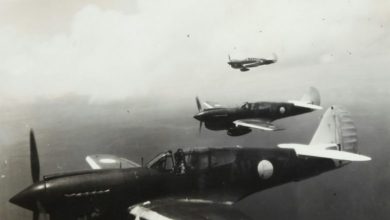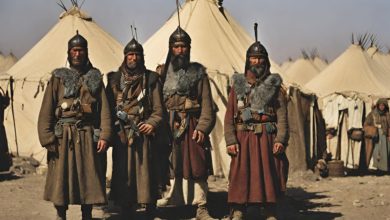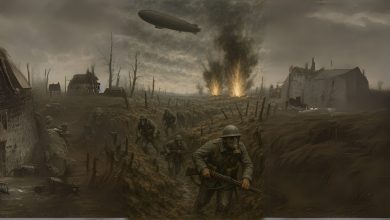
Since the beginning of history, people have been looking for efficient ways to continue their lives. As you know, just living is no longer enough. We are also looking for ways to lead a good life. This understanding of the “good life” is often followed by an obsessive search for efficiency. For example, we are looking for lives where we can no longer find a place to put money, not just to meet their needs. This forces us to act systematically. The person who is at the top of a business, or rather, the person who will get the most money in his/her pocket, starts to order the job to be done in the cheapest and the fastest way possible.
Can a Person Working Only for Survival Think Properly?
This effort for speed also requires giving directives to the people under it. You can see this in any industry you look at. For example, the most sought-after thing in an employee right now is the ability to do a job the fastest and with the highest quality o<r to put forth a “sustainable” job. In general, the authorities believe that this will be followed by a hierarchical order of command, and they are usually right. The employee, who is struggling for life, does not have to think about the profit of the company, right? Even when the poor employee has a ton of trouble on his mind, he/she has to do the job as much as he/she can and then take his/her money and leave. For this reason, thoughtful companies put bosses to direct and they direct their employees in order not to burden them with thinking, and this cycle goes on and on.

What is the Right Decision?
But as we all know, authorities can’t always make the right decisions, right? Or let’s revise this question or the underlying hidden judgment. Authorities make the decisions that are most beneficial to them and that have the maximum profit. This often causes them to fail to make decisions that take care of employees or the public in general. This is where the story of a consul, who thinks to speak up in such a situation, and is willing to lose his job or his life depending on the situation, now comes into play.

Saving Thousands of Lives by Taking the Initiative
I can say that this story, which I first read in the book Homo Deus by the world-famous historian Yuval Noval Harari, is a true common sense story. Consul Aristides de Sousa Mendes was a Portuguese foreign employee in the 1940s. The Nazi movement, which existed in the same years, had spread to France at that time and France was falling apart. Of course, at this time, the Jews in France were conscious of the danger approaching them. Therefore, of course, instead of sitting and waiting for their end, they were trying to escape to Spain and Portugal. As Harari put it, “Tens of thousands of Jews, desperately chasing after the piece of paper that would save their lives, besieged the Portuguese Consulate in Bordeaux, along with other immigrants.“ I specifically picked up this sentence because you see it, right? These people, whose lives were in danger, would indeed be able to escape with a single piece of paper and die in its absence. After all, this is still the case. Human life is not at the top, but the laws and pieces of paper that can serve the members of that country are at the top.

Meanwhile, the Portuguese government had banned its officials in France from issuing visas to applications that had not yet been approved. Fortunately, Sousa Mendes and his team, who do not believe in this hierarchy balance that I have explained since the beginning of this article, prepared thousands of visas by working without sleeping or eating. After learning this, the Portuguese government dismissed him and even expelled him from foreign affairs, but in the end, nearly 30,000 people were saved from death. Although Souza’s common sense was very important, a piece of paper was the thing that saved these people. Still, the example of common sense that we see in this story is very important. Because of concepts like “yield“, “hierarchy“ and “greed for money”, We tend to forget our very important values. I hope that one day our whole understanding of the world will command us to put our human values above the law, like Sousa Mendes.
References and Further Reading
Harari, YN (2015). Homo Deus. collective book.
bbc. (n.d.). Portugal honors its disobedient diplomat who saved the lives of thousands of Jews 80 years later . BBC News Turkish. Retrieved November 23, 2021, from https://www.bbc.com/turkce/haberler-dunya-53081754.
Magazine, S. (2021, November 1). The untold story of the Portuguese diplomat who saved thousands from the Nazis. Smithsonian.com. Retrieved November 23, 2021, from https://www.smithsonianmag.com/history/the-righteous-defiance-of-aristides-de-sousa-mendes-180978831/.
Images not cited are used through Canva Pro with a royalty payment.
The proofreading has been done by Asu Pelin Akköse and Mete Esencan.
Would you like to support us?
- For more detailed information, you can check our “Support Us!” page!







